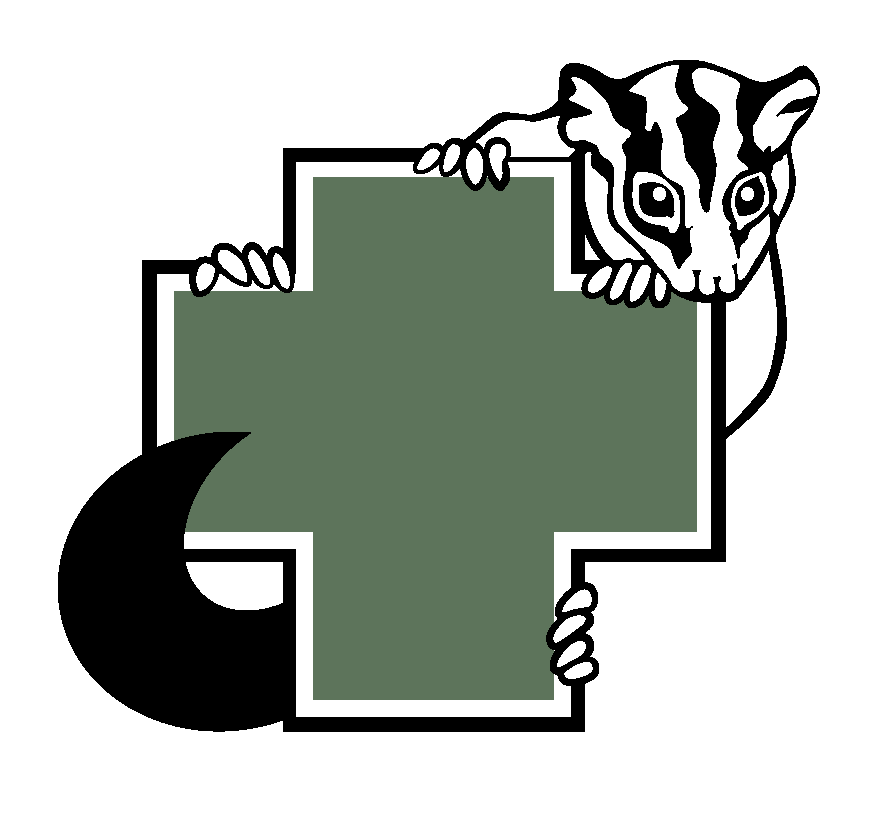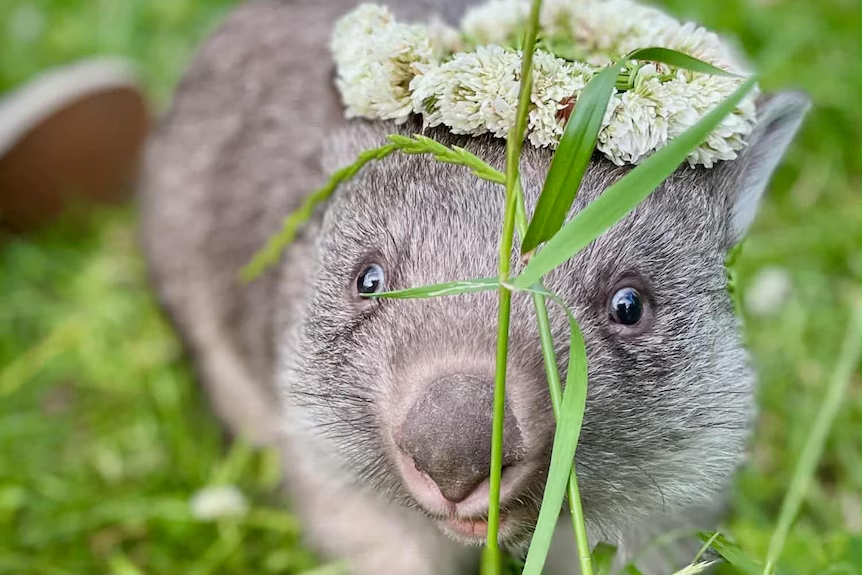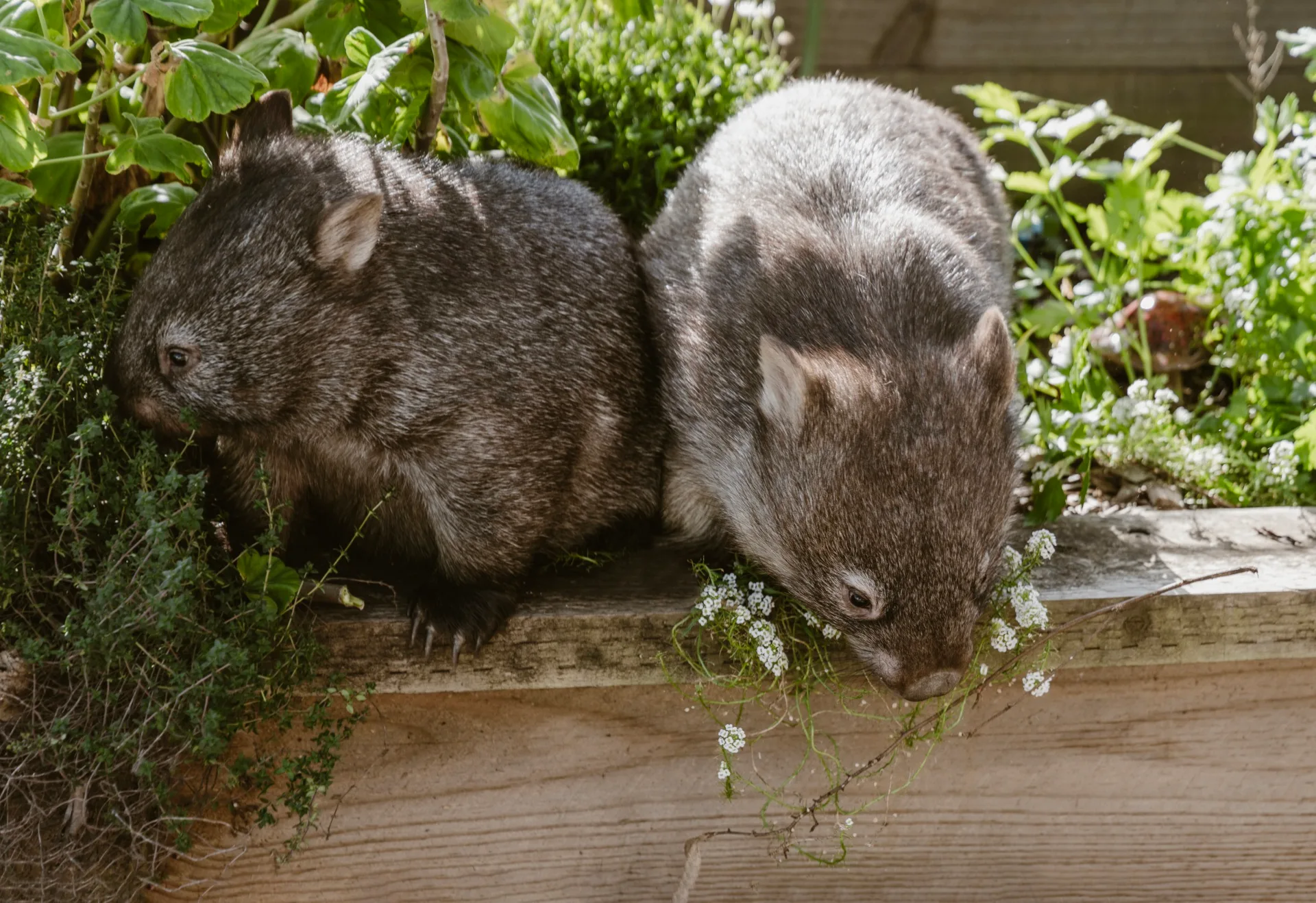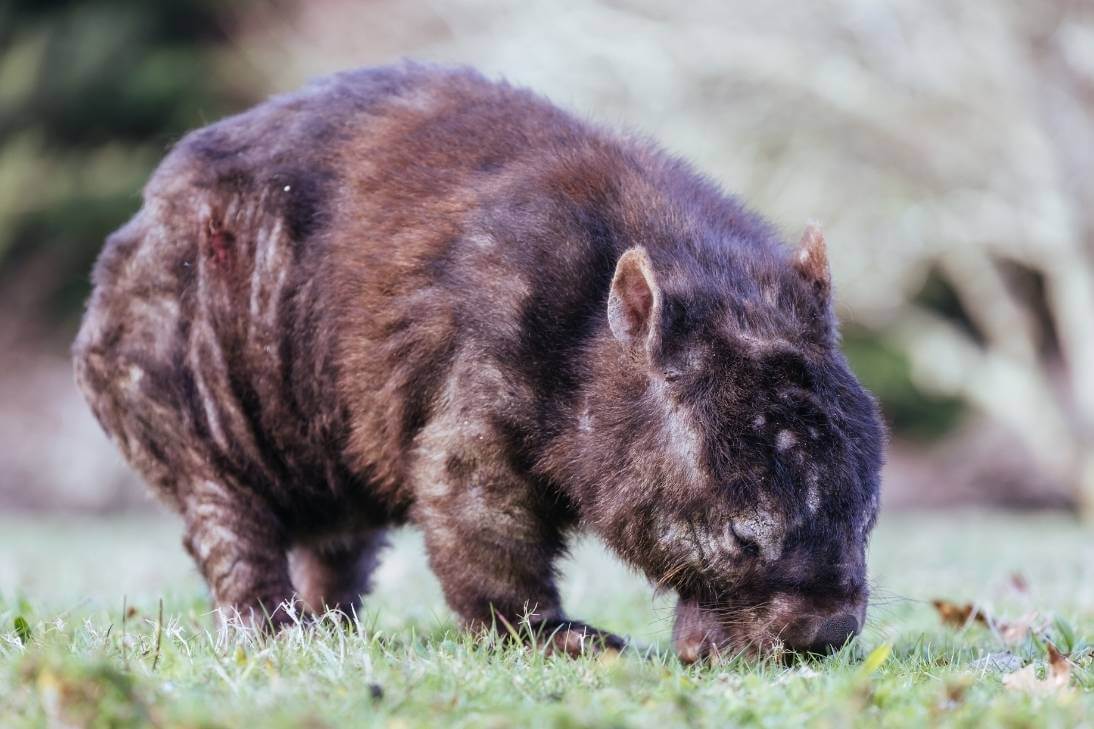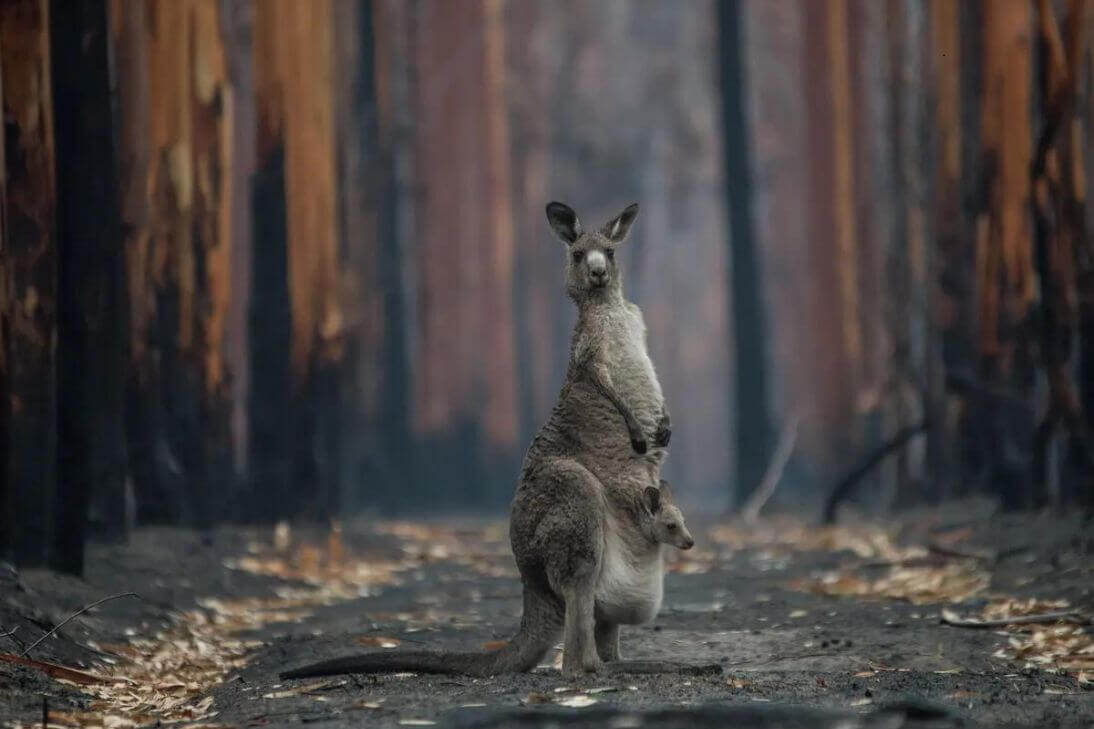OUR WORK
Wombat Rescue
The rescue of wombats begins with you. When you see a wombat in trouble, please contact Hunter Wildlife Rescue 24/7 on 0418 628 483.
Without you, we can’t do anything to save a hurt, sick or orphaned wombat. You are the first most important step. We receive calls from throughout our 10,000 km2 area 24/7. When a call is received, the details are immediately sent to our Senior Coordinator who assesses the call and sends it to the appropriate team to reach the wombat. We can have someone on the road to you and the wombat within 10 minutes.
Wombats come into care at all sizes from a tiny handful sized orphan to a big 40 kg grandfather. We are equipped to rescue them all and take them to one of our specialised facilities.
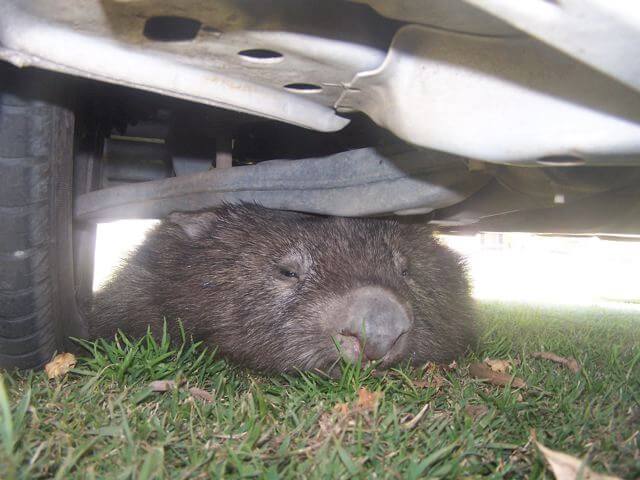
What Puts Wombats At Risk?
Wombats face a number of serious threats — some direct, others indirect — many of which are made worse by human activities and environmental change. Here are some of the biggest: 
Ways you can help
You can help save a life and make a real difference for wombats across the Hunter region.
Frequently Asked Questions
Have questions about helping wombats? Its likely that it has been asked before. Here is a list of our frequently asked questions.
